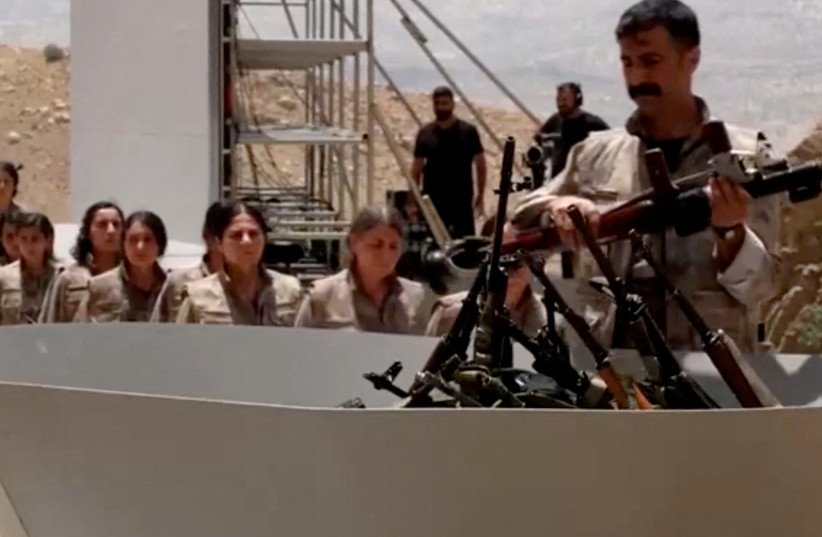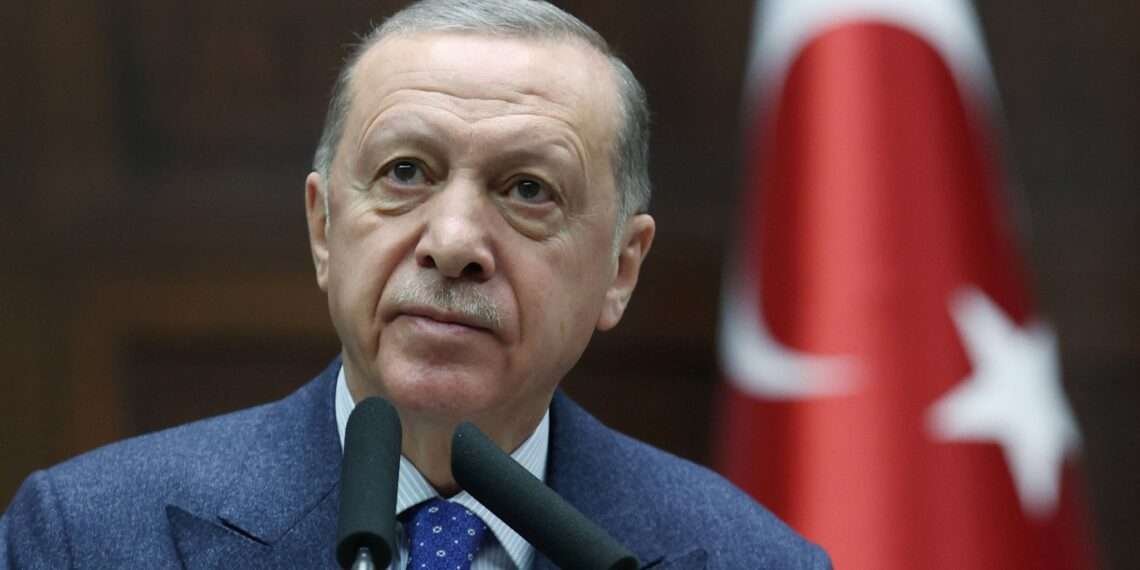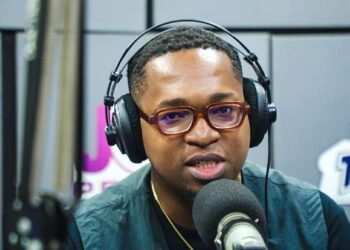Turkish President, Recep Tayyip Erdogan has hailed the Kurdistan Workers’ Party’s (PKK) disarmament.
He said that the country has begun a new era as the Kurdistan Workers’ Party (PKK) started the process to disarm after a four-decade armed conflict that killed more than 40,000 people.
In an address to his party, Justice and Development (AKP), Erdogan announced today, Saturday, July 12, 2025, that the “scourge of terrorism has entered the process of ending.”
“Decades of sorrow, tears and distress came to an end. Turkiye turned that page as of yesterday.
“Today is a new day; a new page has opened in history. Today, the doors of a great, powerful Turkiye have been flung wide open.
Recep Tayyip Erdogan
He said the recent steps have united the nation, and now the parliament will play a critical role in setting up a legal framework for completing the disarmament process.
“I hope that our parliament will support this process with the broadest possible participation.”
Recep Tayyip Erdogan
In a cave in Sulaimaniyah in northern Iraq on Friday, July 11, 2025, 30 PKK members burned their weapons, marking a hugely symbolic step towards ending their armed campaign against Turkiye.

During Friday’s ceremony, senior PKK figure, Bese Hozat read out a statement at the Jasana cave in the town of Dukan, 60km (37 miles) northwest of Sulaimaniyah in the Kurdish region of Iraq’s north, announcing the group’s decision to disarm. “We voluntarily destroy our weapons, in your presence, as a step of goodwill and determination,” she said.
Since 1984, the PKK has been locked in armed conflict with the Turkish state, and decided in May to disarm and disband after a public call from the group’s long-imprisoned leader, Abdullah Ocalan.
Ocalan said in a video earlier this week, which was recorded in June by groups affiliated with Firat News Agency, that the move to disarm was a “voluntary transition from the phase of armed conflict to the phase of democratic politics and law,” calling it a “historic gain.”
But Ocalan, despite his imprisonment in solitary confinement on Imrali Island, Turkiye, since his capture in 1999, has remained a symbolic figure for the group and its offshoots outside the country.
The PKK has been based in northern Iraq after being pushed out well beyond Turkiye’s southeastern border in recent years.
However, the end of Turkiye’s conflict with the armed group could have wider consequences for the region, including with neighbouring Syria, where the United States is allied with Syrian Kurdish forces, which Ankara deems a PKK offshoot.
Meanwhile, Washington, DC and Ankara want Syrian Kurds to integrate into Syria’s new government following the fall of former President Bashar al-Assad, who was ousted in December, which analysts say could be further pushed following the PKK’s disarmament.
Still, within the country, the Turkish pro-Kurdish DEM party, PKK and Ocalan have called on Erdogan’s government to address Kurdish demands for more rights in Kurdish-majority regions, including the southeast of the country.
Further Disarmament Expected

Further disarmament is expected to take place at designated locations, which involves coordination between Turkiye, Iraq and the Kurdish regional government in Iraq.
Analysts say that with the PKK weakened and the Kurdish public exhausted by decades of violence, Turkey’s peace offer handed its jailed founder Abdullah Ocalan a chance to make the long-desired switch away from armed struggle.
They added that the PKK’s disarmament also grants Erdogan the distinction of being the Turkish leader who managed to draw a line under a conflict that has cost more than 40,000 lives and wrought havoc in his country and beyond.
Aside Erdogan, Fance’s foreign ministry said that it welcomed Friday’s ceremony, adding it hoped the PKK’s dissolution would “be effective and verifiable”, bring an end to the violence, and “give rise to an inclusive political process.”
READ ALSO: IMANI Flags Transparency Gaps in $360 Million World Bank Loan



















